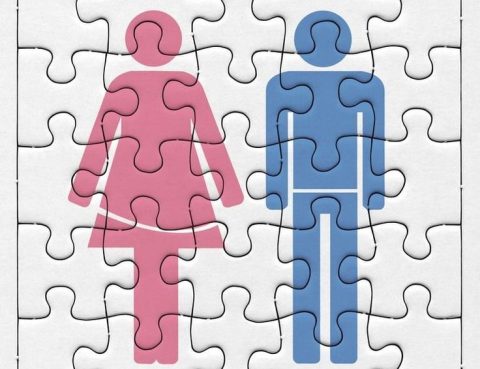
Gender Selection in Iran – Turning Your Dream into Reality Have you ever dreamed of choosing the gender of your baby? Whether you’re hoping for a baby girl to complete your family, or longing for a baby boy to carry on your name — modern medical science has made gender selection not just possible, but…

United Arab Emirates: Gender Selection Program in Dubai Supervised by Almurshidi Medical Tourism At Almurshidi Medical Tourism, we offer a comprehensive and personalized program for gender selection in Dubai, in collaboration with top fertility and IVF centers across the UAE. Our goal is to meet the needs of couples who wish to balance their family…

Egypt: Comprehensive Gender Selection Program Supervised by Almurshidi Medical Tourism At Almurshidi Medical Tourism, we are proud to offer advanced and safe medical services in the field of gender selection, in partnership with some of the most reputable medical centers across Egypt. Our goal is to provide a seamless, comfortable, and fully integrated experience for…

Alzheimer’s Treatment: Hope for Improvement Do you or someone you know suffer from Alzheimer’s disease? At ALmurshidi Medical Tourism, we offer advanced treatment options for Alzheimer’s through trusted doctors and certified medical centers. What is Alzheimer’s Disease? Alzheimer’s is a progressive brain disorder that causes memory loss, cognitive decline, and difficulty in performing daily tasks….

🏥 Book Appointments with Top Specialists in India – Al Murshidi Medical Tourism Are you facing health challenges and seeking reliable medical advice? At Al Murshidi Medical Tourism, we provide appointment booking services with India’s leading medical consultants, all at competitive prices and with world-class quality. 🎯 Our Specialties Include: 🔹 Cardiology: If you suffer…

Book Appointments with Top Consultants in Thailand – With AlMurshidi Medical Tourism Are you facing health issues and in need of a trusted medical consultation? At AlMurshidi Medical Tourism, we offer appointment booking with some of the best consultants in Thailand — all at competitive prices. Our services include: 🔹 Heart problems: If you suffer…

Medical Appointment Booking in Thailand – Free Service at the Best Rates Are you looking to book a medical appointment in Thailand? At Al-Murshidi Medical Tourism, we offer a free appointment booking service with the best prices available. We help you connect with top doctors and medical centers across Thailand. Why Choose Al-Murshidi Medical Tourism?…

ICSI: Your Safe Path to Motherhood Struggling with infertility? Looking for an effective way to start your family? At ALMurshidi Medical Tourism, we provide high-quality ICSI (Intracytoplasmic Sperm Injection) services at the best prices — helping you make your dream of motherhood come true. What is ICSI? ICSI is a specialized IVF procedure where a…

Stem Cell Therapy: A Medical Revolution That Brings Back Your Vitality and Youth Do you dream of glowing skin, renewed energy, and a more youthful appearance? At ALMurshidi Medical Tourism, we recognize the significance of stem cell therapy as one of the most remarkable breakthroughs in modern medicine. It not only improves your external appearance but also enhances…

Physiotherapy: Importance & Benefits Are you suffering from pain or injury and in need of physiotherapy? At ALMurshidi for Medical Tourism, we understand the importance of physiotherapy in improving health and mobility. Physiotherapy can be an effective option for individuals experiencing pain or physical injuries. ✅ Best Prices for Physiotherapy At ALMurshidi for Medical Tourism,…
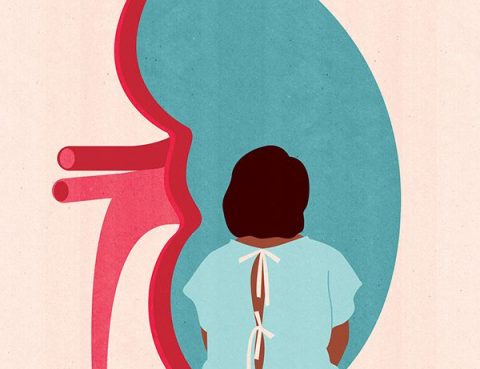
✅ Dialysis: Importance & Our Specialized Services Are you suffering from kidney failure and in need of dialysis? At Al-Morshedy Medical Tourism, we understand how vital dialysis is in maintaining your overall health, and we provide high-quality care at top medical centers. 🔹 Why Dialysis Is Important: Blood Purification: Removes waste and toxins from the…

🌸 Ovarian Health: Importance and Treatment Are you experiencing ovarian problems? At Almurshidi Medical Tourism, we understand how vital ovarian health is to a woman’s overall well-being. Ovarian issues can affect fertility, hormonal balance, and general health. 🔹 Importance of Ovarian Health: Fertility: Healthy ovaries are crucial for ovulation and reproduction. Hormonal Balance: Ovaries regulate…
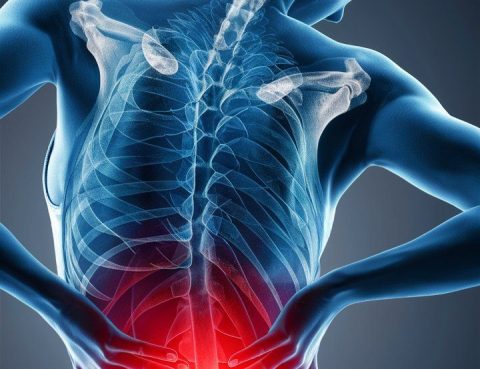
Lower Back Pain : Causes & Treatment Do you suffer from lower back pain? At Al Murshidi Medical Tourism, we understand the importance of addressing back pain to improve your quality of life. Lower back pain can be caused by various factors such as muscle strain, herniated discs, or arthritis. Common Causes of Lower Back…
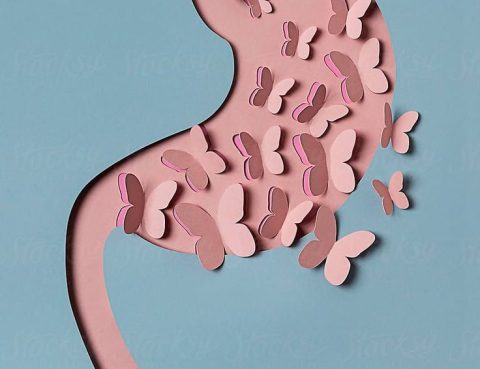
Stomach Pain: Causes and Treatment Do you suffer from stomach pain? At Al Murshidi Medical Tourism, we understand the importance of treating stomach pain to improve your quality of life. Stomach pain can be caused by various factors such as ulcers, acidity, and irritable bowel syndrome (IBS). Causes of Stomach Pain: Ulcers: Can cause sharp…
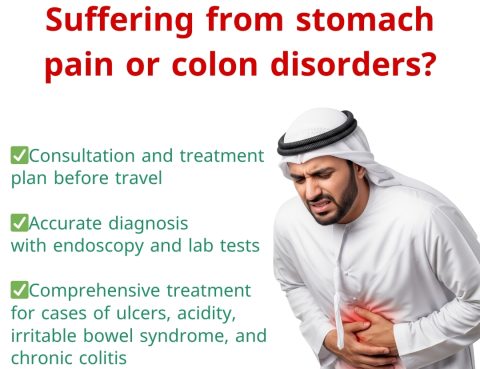
Stomach Problems: Causes and Treatment Do you suffer from stomach pain, bloating, acidity, or colon issues? At Almurshidi Medical Tourism, we understand how digestive problems can affect your overall well-being and daily life. 🔹 Common Causes of Stomach Problems: Unhealthy diet: Including fast food and high-fat meals. Stress and anxiety: Can significantly affect digestive health….

Stem Cell Therapy: A Medical Revolution That Brings Back Your Vitality and Youth Do you dream of glowing skin, renewed energy, and a more youthful appearance? At ALMurshidi Medical Tourism, we recognize the significance of stem cell therapy as one of the most remarkable breakthroughs in modern medicine. It not only improves your external appearance…
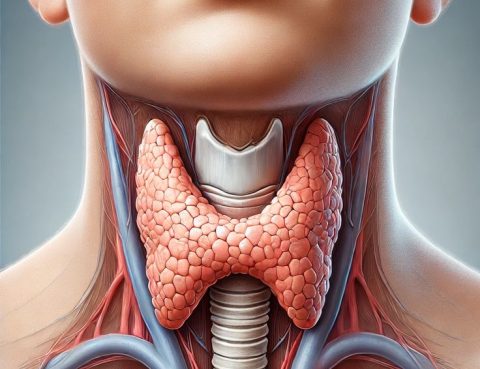
Thyroid Gland: Its Importance and Treatment of Disorders Did you know that the thyroid gland plays a vital role in regulating many of the body’s functions? At Al-Murshidi Medical Tourism, we understand its crucial role in maintaining overall health, and we are committed to offering the best care for thyroid disorders. ✅ Importance of the…
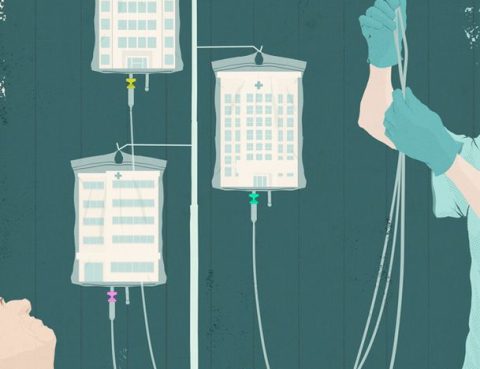
🔹 Vitamins: Their Importance & Treatment of Deficiency Did you know that vitamins play a crucial role in maintaining your overall health? At Al-Murshidi Medical Tourism, we understand how essential vitamins are in boosting your immune system and preventing various health conditions. A deficiency in vitamins can lead to numerous health issues, so it’s important…

🌟 A New Hope on Your Journey… The Dream of Parenthood Do you dream of becoming a mother or father? At ALMurshidi Medical Tourism, we understand how important the dream of parenthood is for couples. That’s why we offer fully coordinated IVF programs under the care of top fertility specialists at world-class hospitals. Why Choose…

Weight Loss: Your Journey to Better Health Are you looking to lose weight and improve your overall well-being? At Al-Murshidi Medical Tourism, we understand how important weight loss is for a healthier life. That’s why we offer comprehensive services to make your treatment journey smooth and successful. Why Choose Al-Murshidi? ✅ Extensive Experience in Medical…
